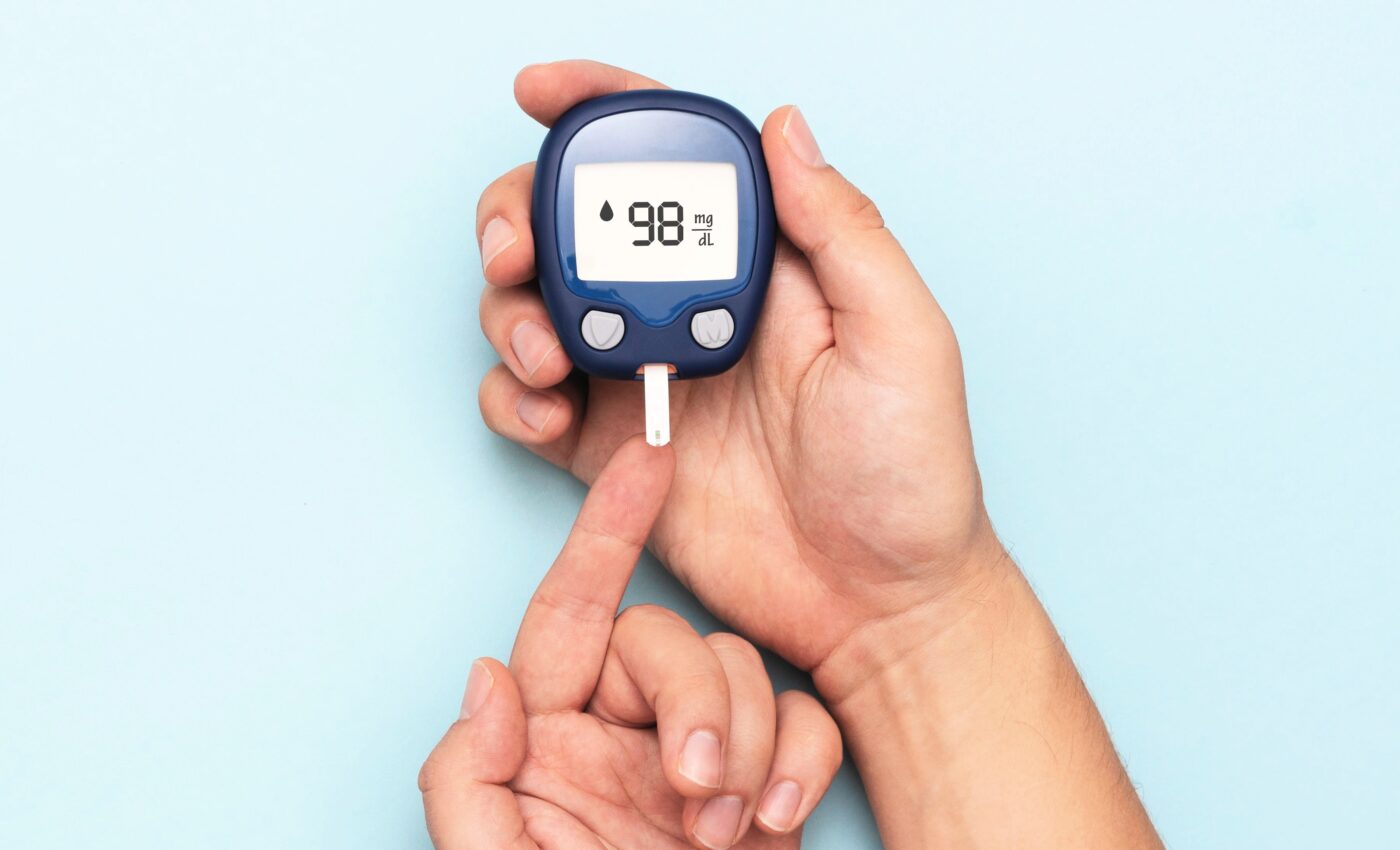
What's driving the link between diabetes and Alzheimer’s?
Did you know that having diabetes might dramatically increase your risk of developing Alzheimer’s disease, the devastating thief of memories? The statistics are truly alarming, highlighting an urgent need to understand this concerning link.
Scientists have been working tirelessly to piece together the complex puzzle, and new research offers a glimmer of understanding and hope for prevention.
Liver and brain health
“Liver being the metabolizer for everything we eat, we think that the path from gut to the brain goes through the liver,” said Narendra Kumar, an associate professor at Texas A&M University.
When you eat food, the stomach and intestines break it down, then nutrients, toxins, and other substances move into your bloodstream and travel to your liver.
Once in the liver, these substances go through detoxification, metabolism, or storage. The liver removes harmful substances from the blood, converting them into harmless by-products for excretion.
It also metabolizes nutrients, transforming them into essential blood proteins, cholesterol, hormones, and energy for the body to use.
Diabetes, gut trouble, and Alzheimer’s
Kumar’s recent research in mice points to a disturbing domino effect triggered by an unhealthy diet. The study suggests that a diet high in unhealthy fats wreaks havoc on your gut’s lining, making it permeable – or in simpler terms, “leaky.”
This leakiness allows harmful substances and inflammation to spread into your bloodstream like an unchecked wildfire. It’s a chain reaction nobody wants.
Diabetes fuels this fire of inflammation because the body struggles to manage blood sugar levels. According to the researchers, this inflammation can travel from your gut, make its way to the liver, and finally reach your brain.
The team in Dr. Kumar’s lab has been studying functions of Jak3 for a long time, and they now know that the impact of food on the changes in the expression of Jak3 leads to leaky gut.
This ultimately results in low-grade chronic inflammation, diabetes, a decreased ability of the brain to clear its toxic substances, and dementia-like symptoms seen in Alzheimer’s disease.
What is Jak3?
Jak3 (short for Janus kinase 3) is a type of enzyme that plays a vital role in how cells communicate, especially within the immune system. It belongs to a group of enzymes known as the Janus kinase family, which collectively help transmit signals from the cell’s surface to its nucleus.
These signals are crucial for regulating numerous cellular processes, including growth, development, and programmed cell death.
What makes Jak3 unique is that it primarily works within immune cells. It specializes in transmitting signals from a specific group of molecules called cytokines. Cytokines act as chemical messengers, instructing immune cells on how to behave and respond to different situations in the body.
Jak3 ensures these critical messages are effectively relayed to immune cells, allowing them to function properly.
Alzheimer’s – The type 3 diabetes?
This alarming connection has led scientists to refer to Alzheimer’s disease as “Type 3 diabetes.” While frightening, this concept underscores the urgent need to understand and address the metabolic roots of both diseases.
“We think that diabetes and Alzheimer’s disease are strongly linked. And by taking preventative or amelioration measures for diabetes, we can prevent or at least significantly slow down the progression of the symptoms of dementia in Alzheimer’s disease,” said Dr. Kumar.
Hope is not lost
The good news is that you have immense power to protect both your body and your brain. Here’s what you can do to take a stand against the diabetes–Alzheimer’s connection:
- Feast on brain-boosting foods: Fill your plate with fruits, vegetables, whole grains, and healthy fats. These nutritional powerhouses nourish your gut and protect your brain.
- Get moving: Regular exercise is like hitting the reset button on your blood sugar control, helping your entire system function at its best.
- Don’t ignore prediabetes: With millions affected by prediabetes, consider it a serious warning signal. Lifestyle changes like losing weight and eating healthy can reverse prediabetes, stopping full-blown diabetes in its tracks and lowering your Alzheimer’s risk.
- Manage existing diabetes: If you have diabetes, work closely with your doctor to keep your blood sugar tightly controlled. It’s one of the best ways to safeguard your brain health.
- Stay informed: Research in this field is evolving rapidly. Keep an eye out for new developments and recommendations.
Let’s change the narrative
The diabetes and Alzheimer’s connection should be a wake-up call, but not a source of despair. This knowledge is empowering because it puts a significant piece of your health puzzle under your control.
It’s never too early or too late to protect your most precious asset – your brain. Embrace healthier habits, and you might just rewrite your future.
The research was presented at Discover BMB, the annual meeting of the American Society for Biochemistry and Molecular Biology.
—–
Like what you read? Subscribe to our newsletter for engaging articles, exclusive content, and the latest updates.
Check us out on EarthSnap, a free app brought to you by Eric Ralls and Earth.com.
—–












